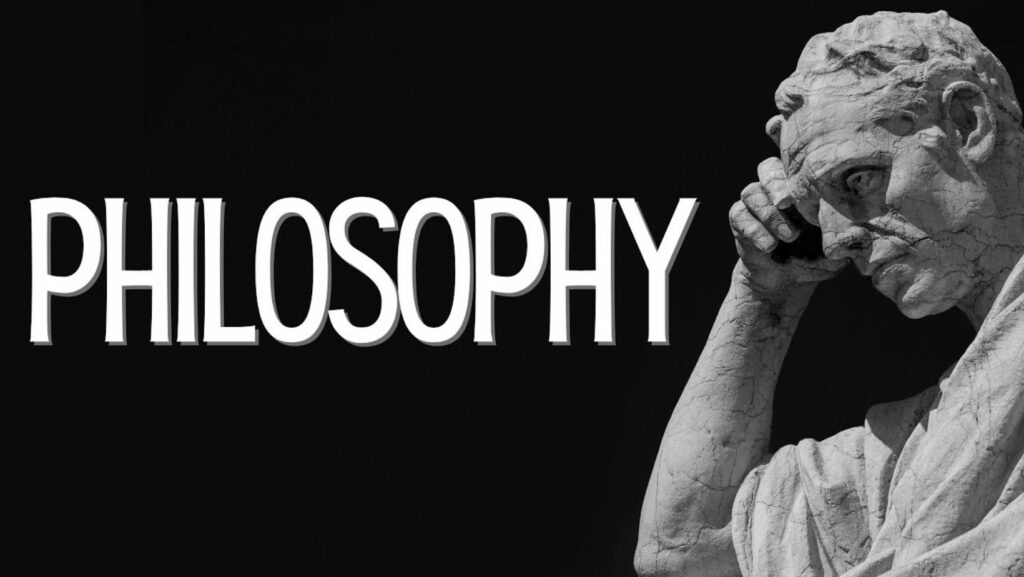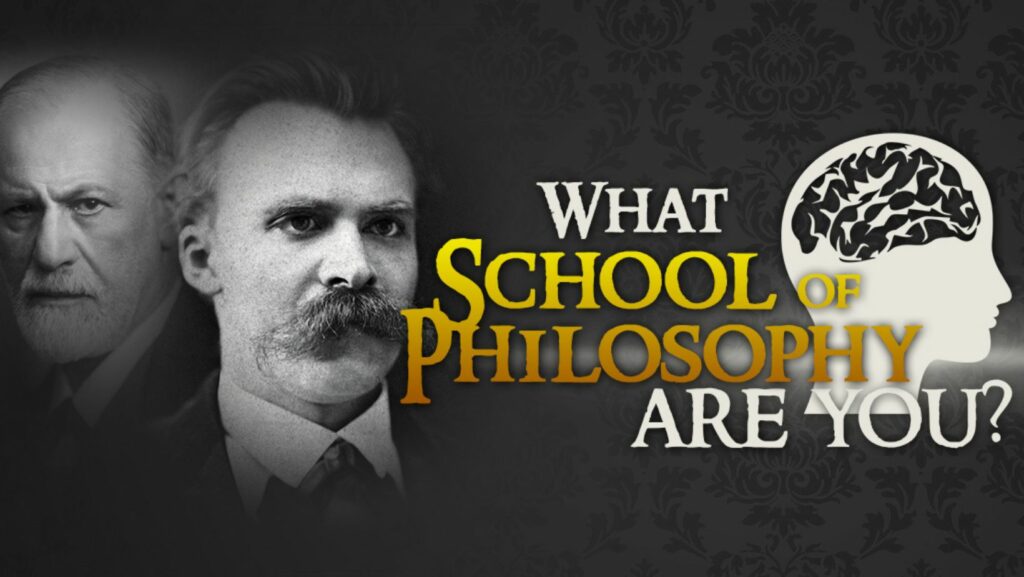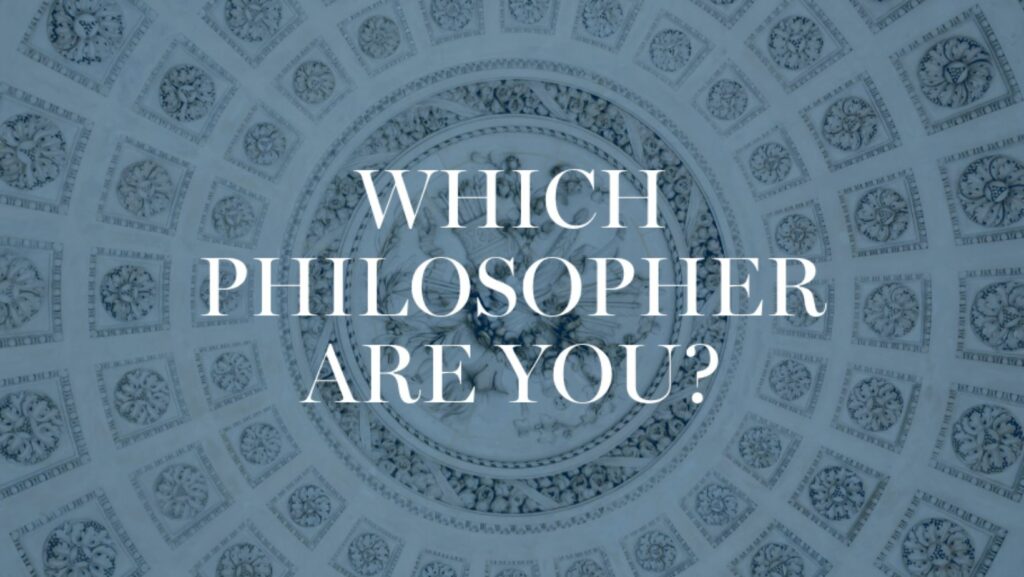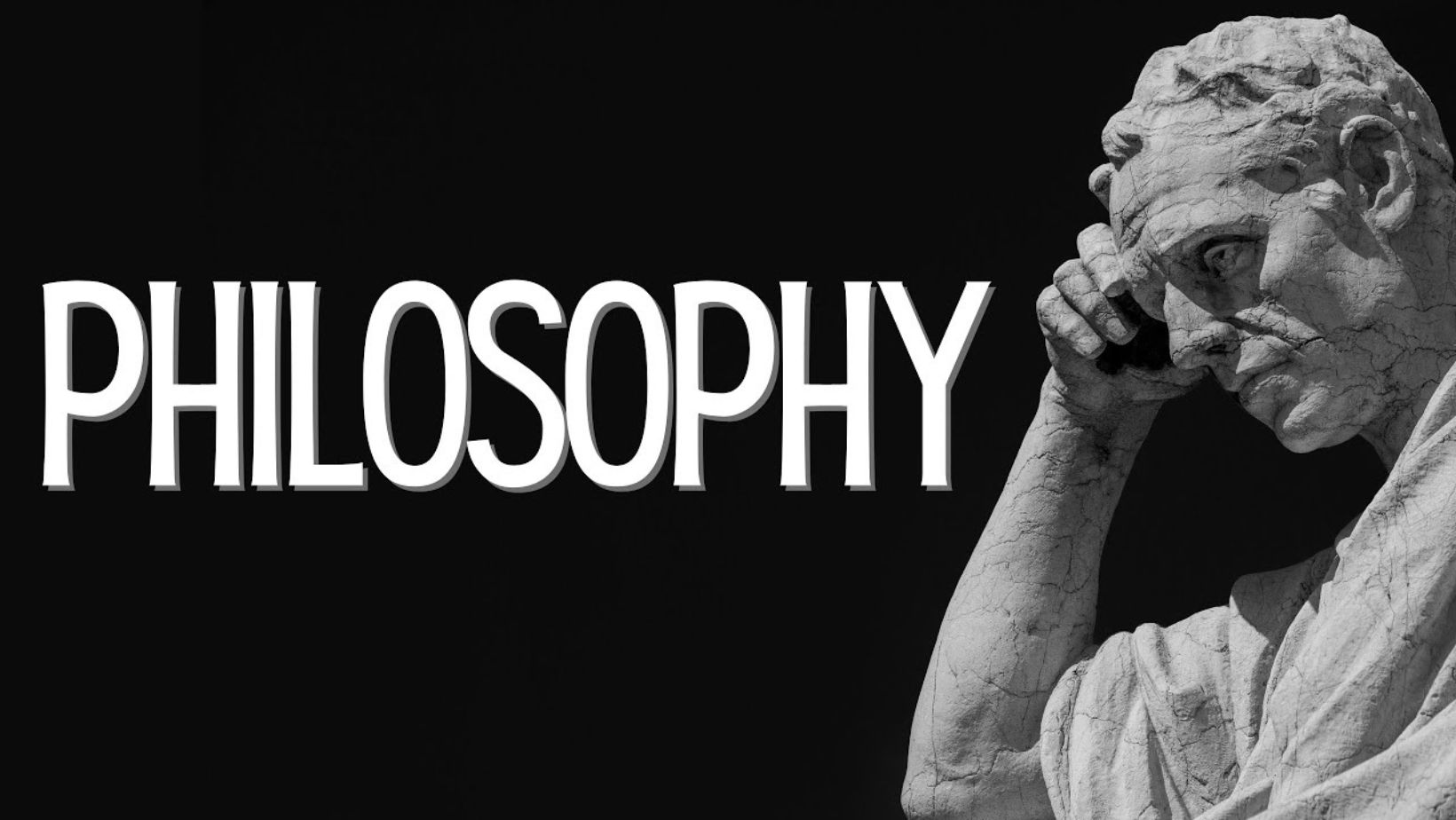
Which Philosophy Type are You
Are you curious about your philosophical inclinations? Which philosophy type are you? Discovering which philosophy type resonates with you can offer valuable insights into your beliefs and perspectives. From the rationalism of Descartes to the existentialism of Sartre, each philosophy type reflects a unique approach to understanding the world.

Exploring different philosophical schools of thought can help you better understand your own values and reasoning processes. Which philosophy type are you? Whether you lean towards empiricism, idealism, or pragmatism, identifying your philosophy type can shed light on how you perceive reality and make decisions in your daily life.
By delving into the nuances of various philosophical frameworks, you can gain a deeper understanding of yourself and the world around you. So, are you ready to embark on a journey of self-discovery and philosophical exploration? Let’s uncover which philosophy type resonates with you.
Exploring Different Types of Philosophy
Exploring ancient philosophies allows individuals to delve into historical perspectives shaped by prominent figures like Socrates, Plato, and Aristotle. These philosophies lay the foundation for understanding classical thoughts on ethics, politics, and metaphysics.

In contrast, modern philosophies encompass diverse movements such as utilitarianism, positivism, and existentialism. These contemporary schools of thought reflect societal changes and scientific advancements, offering new insights into human existence and values.
Self-Assessment Techniques
Individuals can determine their philosophy type by reflecting on their values, beliefs, and approaches to life. They can consider their stance on various philosophical dilemmas and analyze how they perceive knowledge, ethics, and reality. Engaging in introspection and evaluating personal preferences can aid in identifying one’s philosophical inclinations accurately. By assessing their responses to hypothetical scenarios that challenge their worldview, individuals can gain insights into their underlying philosophical tendencies.
Key Philosophical Questions to Consider
Contemplating key philosophical questions can assist individuals in understanding their philosophy type. Questions revolving around the nature of existence, the source of knowledge, the concept of morality, and the purpose of life can reveal important aspects of one’s philosophical orientation. Delving into inquiries about the nature of truth, free will, justice, and the role of individuals in society can provide clarity on one’s philosophical inclinations. By critically examining these fundamental questions, individuals can unravel the philosophical frameworks that resonate with their core beliefs and principles.
Famous Philosophers and Their Impact
Exploring the realm of philosophical thought unveils a rich tapestry woven by influential thinkers across history. Understanding the impact of famous philosophers can shed light on the evolution of philosophical concepts and their lasting influence on society.
Influential Ancient Philosophers

- Socrates: The pioneering figure of Western philosophy, Socrates laid the foundation for ethical inquiry and the Socratic method, emphasizing self-examination and the pursuit of wisdom through questioning.
- Plato: A student of Socrates, Plato’s philosophical dialogues delve into metaphysics, ethics, and epistemology, presenting complex theories of knowledge and the ideal forms that shape reality.
- Aristotle: Known for his systematic approach to philosophy, Aristotle’s works encompass logic, metaphysics, ethics, politics, and natural sciences, shaping Western thought for centuries.
- Immanuel Kant: A pivotal figure in modern philosophy, Kant’s Critique of Pure Reason revolutionized metaphysics and epistemology, introducing the concept of transcendental idealism and the categorical imperative.
- John Stuart Mill: A proponent of utilitarianism, Mill advocated for individual liberty, social welfare, and ethical principles based on maximizing happiness and minimizing suffering.
- Jean-Paul Sartre: An existentialist philosopher, Sartre explored themes of freedom, responsibility, and authenticity, arguing for individual autonomy and the creation of meaning in a seemingly absurd world.
By delving into the works of these renowned philosophers, individuals can gain profound insights into diverse philosophical perspectives that have shaped intellectual discourse and ethical frameworks throughout history.
Exploring philosophical tendencies offers valuable insights into beliefs and perspectives, guiding individuals towards ethical decision-making and enhancing critical thinking skills. By delving into various philosophical types and engaging with historical figures like Socrates, Plato, and Aristotle, individuals can deepen their understanding of the world and navigate challenges with clarity and precision. Embracing philosophical theories not only fosters self-awareness but also equips individuals with the tools needed to analyze complex issues and construct sound arguments. Through the practical applications of philosophy in everyday life, individuals can cultivate innovative solutions and approach dilemmas with a well-rounded perspective.

Leave a Reply